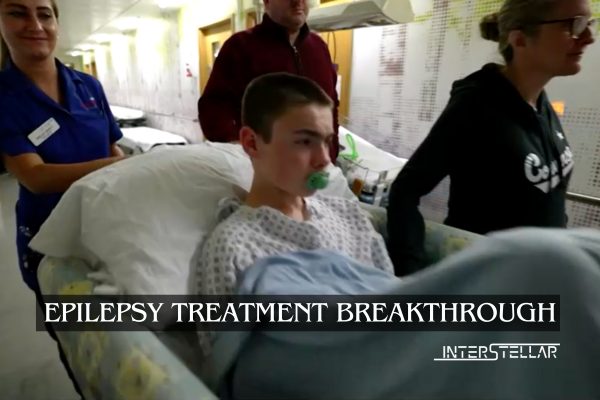Breakthrough Device Gives Hope to Boy with Severe Epilepsy
A 13-year-old British boy with severe epilepsy has been given renewed hope after a groundbreaking device was implanted in his skull to control seizures. Oran Knowlson, from Somerset, has been battling Lennox-Gastaut syndrome since he was three years old, enduring frequent daily seizures.
Life-Changing Treatment
Oran’s mother, Justine, described the different types of seizures her son experienced, including those where he fell, shook, lost consciousness, and even stopped breathing, requiring emergency medication. However, since the implantation of the Picostim neurostimulator at London’s Great Ormond Street Hospital in October 2023, Oran’s daytime seizures have reportedly reduced by 80%.
How the Device Works
The Picostim neurostimulator sends electrical signals into Oran’s brain to block or disrupt abnormal electrical activity. The device’s leads are connected to a neurostimulator placed in a gap in Oran’s skull, a novel approach compared to previous methods where neurotransmitters were implanted in the chest. Consultant paediatric neurosurgeon Martin Tisdall explained that this new type of device is particularly beneficial for children, reducing potential complications associated with chest implants.
Part of the CADET Project
Oran is participating in the CADET project, which aims to investigate the safety, feasibility, and effectiveness of deep brain stimulation for children with Lennox-Gastaut syndrome. The trial will include three more children fitted with the deep brain neurostimulator. Tisdall hopes the study will confirm the efficacy of this treatment for epilepsy and provide valuable insights into its benefits for paediatric patients.
A Brighter Future
Justine shared that her son, who also has autism and ADHD, had been “robbed of his childhood” due to his condition. However, seven months after the surgery, she has observed a “massive improvement” in Oran’s quality of life. “He’s a happier boy,” she said, expressing gratitude to the Great Ormond Street team for giving them hope again. “Now the future looks brighter,” she added.





